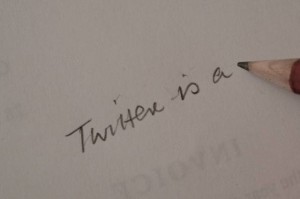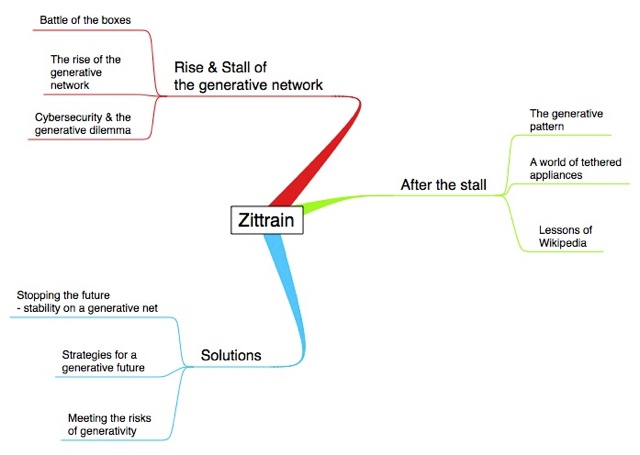Further to my earlier musings, it seems to me that the growing public outrage in the US (and elsewhere, including the UK) about the behaviour and mores of the banking sector poses a serious risk to politics-as-usual. Although the analogy is regularly discounted by contemporary sages, I keep thinking of what happened in Germany during the Great Depression, when the perceived incompetence of the political establishment at a time of economic emergency provided fertile ground for the rise of Nazism.
The rising level of popular rage in the US poses a real challenge to the Obama administration. It will take consummate political skill to manage and assuage it. All the evidence we’ve seen so far suggests that (a) the president is the only person in the Administration who possesses those skills, and (b) that many of his key appointees don’t possess them in the smallest measure. A case in point is Larry Summers, who may have a four-digit IQ, but has the political and emotional sensibilities of a dead cat.
Frank Rich made this point in a terrific OpEd piece in the NYT today.
Bob Schieffer of CBS asked Summers the simple question that has haunted the American public since the bailouts began last fall: “Do you know, Dr. Summers, what the banks have done with all of this money that has been funneled to them through these bailouts?” What followed was a monologue of evasion that, translated into English, amounted to: Not really, but you little folk needn’t worry about it.
Yet even as Summers spoke, A.I.G. was belatedly confirming what he would not. It has, in essence, been laundering its $170 billion in taxpayers’ money by paying off its reckless partners in gambling and greed, from Goldman Sachs and Citigroup on Wall Street to Société Générale and Deutsche Bank abroad.
Summers was even more highhanded in addressing the “retention bonuses” handed to the very employees who brokered all those bad bets. After reciting the requisite outrage talking point, he delivered a patronizing lecture to viewers of ABC’s “This Week” on how our “tradition of upholding law” made it impossible to abrogate the bonus agreements. It never occurred to Summers that Americans might know that contracts are renegotiated all the time — most conspicuously of late by the United Automobile Workers, which consented to givebacks as its contribution to the Detroit bailout plan. Nor did he note, for all his supposed reverence for the law, that the A.I.G. unit being rewarded with these bonuses is now under legal investigation by British and American authorities.
Summers is not the only tone-deaf appointee Obama has made. Most of the key figures in his Administration are poster children of the US Ivy League meritocracy — the kind of kids who, in other circumstances, would expect to have had great careers in the investment banks and hedge funds and law firms that presided over the current disaster. They have little empathy with ‘ordinary’ Americans, and know little of routine politics as it’s conducted on the ground. As such, they are walking disaster zones at such a sensitive and tricky time. what Obama needs around him now are not just liberal policy-wonks and rocket scientists, but old-fashioned pols (like the late Tip O’Neill, or even, Goddam it, Lyndon Johnson).
What happened in Germany was that the rage, fear and frustration of ‘ordinary’ people was turned on what they saw as a myopic, impotent and insensitive political establishment which appeared to be unaware of their concerns. In the end, they turned on that establishment — and gave the Nazis their opportunity. Something similar is beginning to happen in the US, and it’s scary. The US may never have produced a Hitler. But it did produce Joe MacCarthy.





